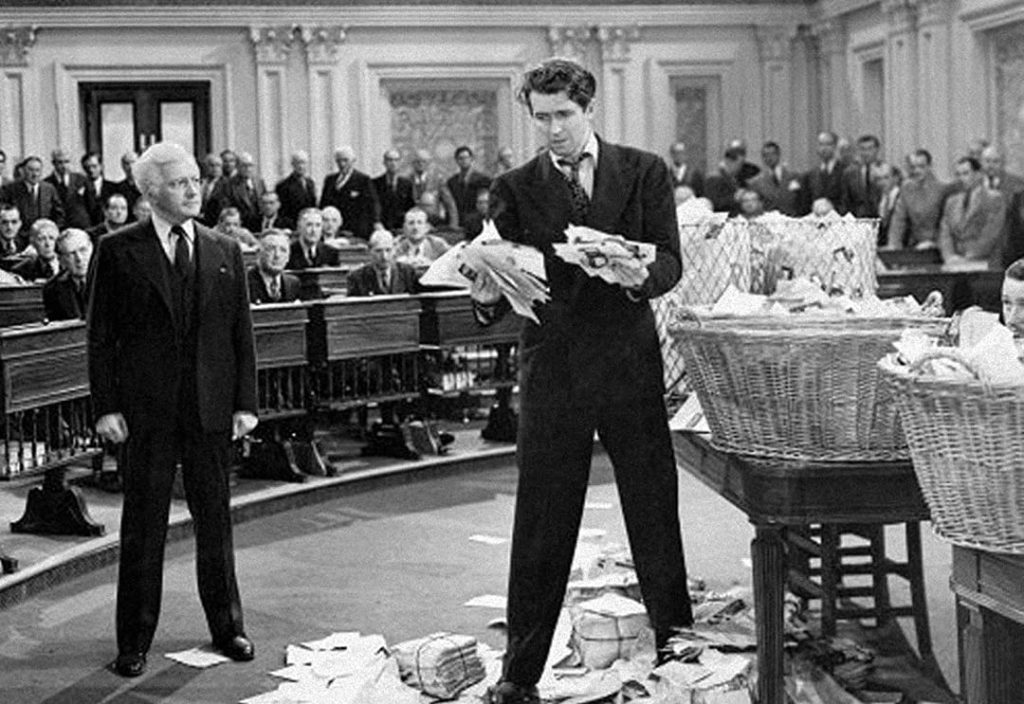How much filibuster reform is possible?

This is at least a hint of promise:
Sen. Joe Manchin, the moderate West Virginia Democrat whose vote the party will almost surely need to pass laws this year, signaled Sunday that he may be open to reforming the filibuster, a procedural rule that requires 60 votes for many measures, effectively dooming most legislation.
On NBC’s “Meet The Press,” host Chuck Todd asked Manchin if he would be open to a “carve-out” that would allow for election-related measures ― such as the landmark voting rights bill the House passed last week ― to be passed with a simple majority of votes.
Any bill not related to the federal budget is subject to the filibuster and, therefore, the 60-vote threshold. Only fiscal bills can be passed in the Senate along party lines using a process called budget reconciliation, which requires only a simple majority of votes. Democrats used reconciliation to pass the latest round of COVID-19 relief.
Manchin told Todd that he opposes eliminating the filibuster outright because he believes doing so would suppress the minority party’s input. However, invoking the procedure should be more “painful,” he said.
“Now, if you want to make it a little bit more painful, make him stand there and talk, I’m willing to look at any way we can,” Manchin said. “But I’m not willing to take away the involvement of the minority.”
Whenever one observes online that the filibuster is awful and needs to be eliminated the second there are 50 votes for it, people always bring up the old timey Frank Capra/Strom Thurmond talking filibuster as a compromise. The problem is that this increases the cost for both parties, not just the minority faction, while still not allowing majority votes.
The question is whether Manchin should be taken literally or seriously here. There are two possibilities: either Manchin wants to preserve some form of the filibuster but not the substance, or he wants to appear to reform the filibuster without really doing so. If it’s latter, talking filibusters might be worse than nothing. But if it’s the former, this may be the signal that Manchin is willing to go along with more exceptions for the filibuster by using the nuclear option like they did with judicial and executive branch nominees in 2013. (And remember: that required getting the votes of senators who had previously at least as adamantly opposed to filibuster reform as Manchin.)
Which one of these is true? I don’t know. But the John Lewis Voting Rights Act is the best possible vehicle to leverage him.


